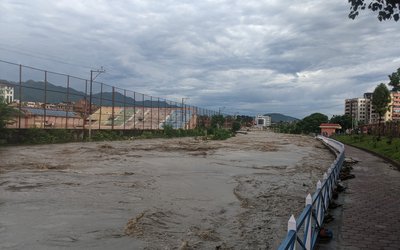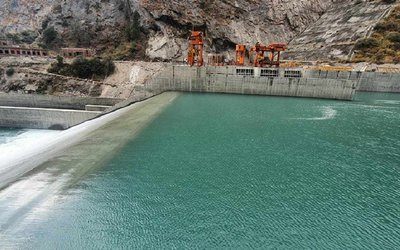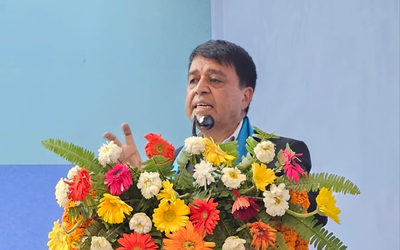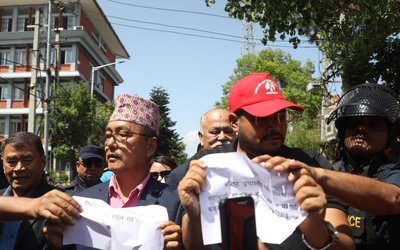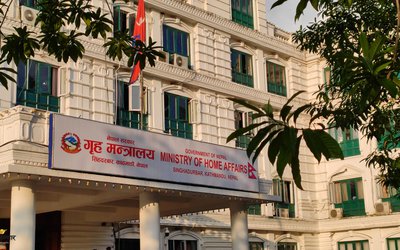
Grand experiments in geopolitics often begin by cautiously testing new ways of doing things. Sovereign states calibrate and then recalibrate their visions by expanding and aligning interests with their neighbors, with the hope that the sum of what is achieved is greater than its parts. Recent actions indicate that this is underway in South Asia’s nascent regional energy trade.
These signs of progress are important for two key reasons. First, though countries in South and Central Asia suffer from chronic mistrust, energy trade creates interdependence, which is a somewhat reliable predictor of further openness in interstate relations. Second, the Paris Agreement on climate change has played a significant role in pushing the West and emerging markets to prioritize carbon-emissions mitigation. Regional electricity trade could play an important role in achieving a greener energy mix.
In a new report from The Asia Foundation, The Price of Power, authors Aditya Valiathan Pillai and Sagar Prasai analyze the political, economic, and environmental imperatives that may herald a new pragmatism in regional energy cooperation in South Asia.
In the winter of 2016, India’s Ministry of Power issued guidelines that defined the limits of electricity trade with South Asian neighbors. In a phraseological departure from earlier documents on regional power cooperation, it called electricity a “strategic” commodity. This is with reason. Electricity’s central role in economic growth makes it a focal point for contestations in democratic politics across the world, and it is no different in South Asia.
The interdependencies created by regional electricity markets can diversify the generation pool and reduce the cost of electricity, but, like all forms of regional cooperation, they are also a vulnerability. The process of their creation must, therefore, first pass the test of politics.
A failure of trust in South Asia has led to the creation of a subregional bloc called BBIN (an abbreviation for Bangladesh-Bhutan-India-Nepal), which today serves as the functional core of the South Asian regional project. One of the bright spots of BBIN has been the growth of cross-border electricity trade between the four countries. The complementarity of supply and demand in the four countries creates a firm economic logic for the growth of the power trade, which is buttressed by largely stable diplomatic relations. This could serve as the nucleus of a broader South Asian electricity market when geopolitics permit.
The views and opinions expressed here are those of the authors and not those of The Asia Foundation.
Courtesy: The Asia Foundation
